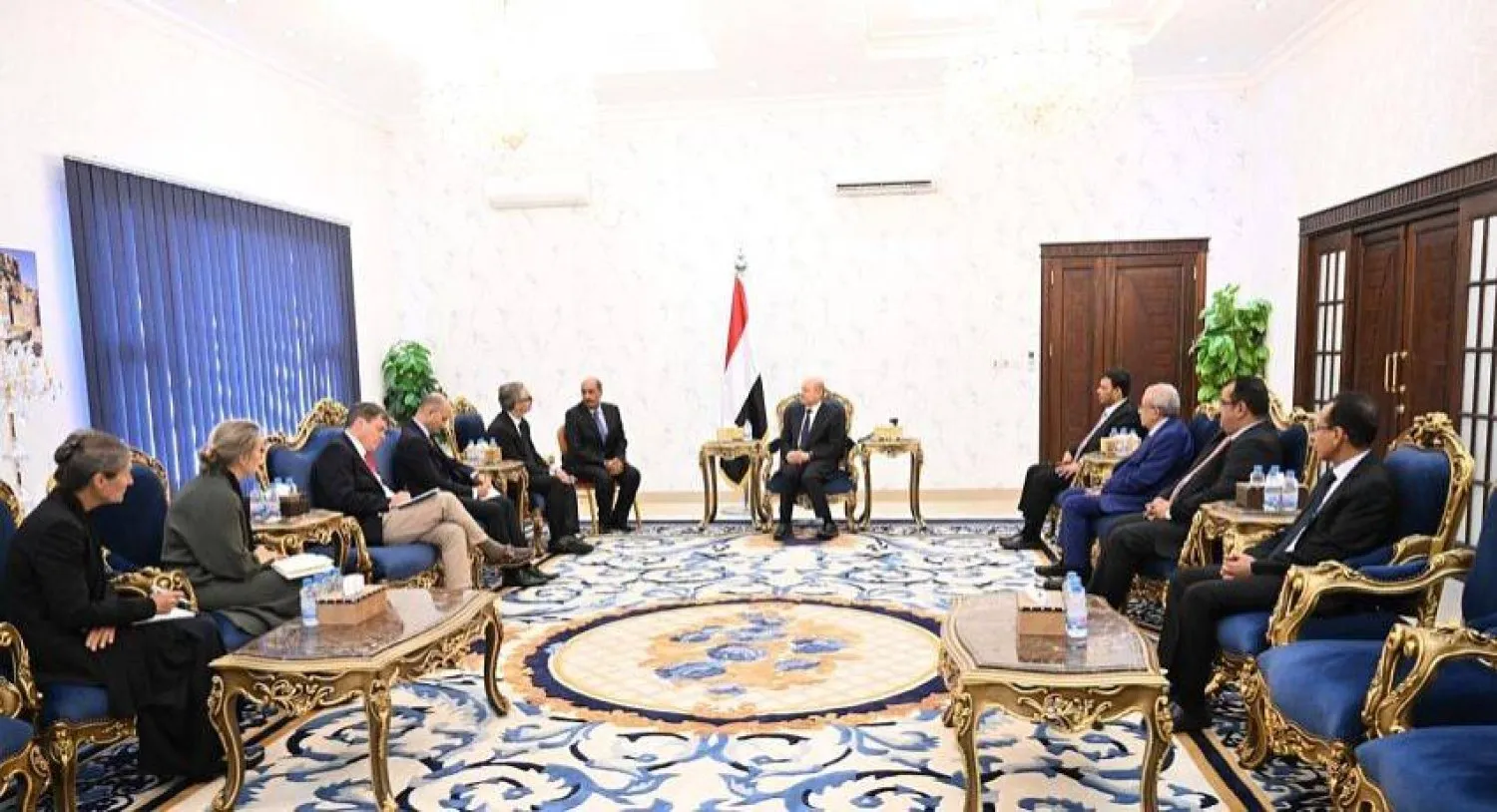US Ambassador to Yemen Steven Fagin has condemned the continued detention by the Houthis of employees from the UN, non-governmental organizations and diplomatic missions.
Fagin issued a statement Friday on the 90th day in Houthi detention for the innocent employees.
“Today marks the 90th day in Houthi detention for innocent employees of the United Nations, non-governmental organizations, and diplomatic missions; and more than 1,000 days of unlawful detention at the hands of this same terrorist group for twelve current and former employees of the US Mission to Yemen,” he said.
“That the Houthis have committed these extreme actions against fellow Yemenis is profoundly shortsighted, callous, and inhumane,” the statement added.
The Ambassador said that “Houthis have ripped people from their families and their homes based on fanciful and absurd accusations that are not in line with the real lives these people were living – that of commitment to family, to Yemen, and its future.”
He added that Houthi “actions also may exacerbate the suffering of Yemenis living under Houthi control, by jeopardizing critical humanitarian assistance.”
“We will not rest until our Yemeni colleagues are safely returned to their families, and we call on the Houthis to release all detainees immediately.”
The Houthi militias have, since early June, arrested and forcibly disappeared dozens of people, including at least 13 UN staff and many employees of nongovernmental organizations operating in their controlled territories.
The militia has expanded its campaign to include more than 70 employees of international and local organizations in areas under its control in northern and western Yemen, and has accused them of spying for foreign parties.
Yemeni Information Minister Moammar Al-Eryani has condemned the Houthis’ use of torture to extract confessions from staff working for the UN and international organizations.
He said such practices are due to the international community's leniency towards the violations committed by the Iranian-backed group.
The European Union Heads of Mission to Yemen have also expressed deep concern over the Houthis’ detention and disappearance for over three months of dozens of staff working for the UN, international and local organizations, calling for their unconditional release.









